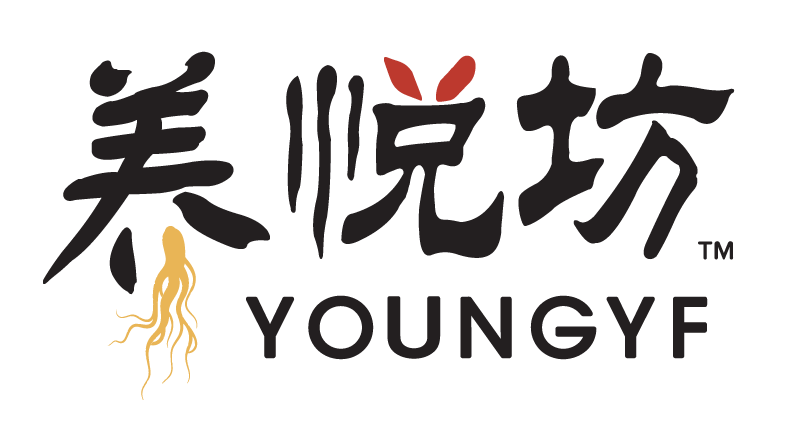Confinement after childbirth is important for a mother’s physical and emotional recovery, allowing her to rest, heal, and bond with her newborn, while also promoting a healthy diet and reducing the risk of postpartum complications.
- Physical Recovery:
Childbirth is a physically demanding process, and the confinement period provides a crucial opportunity for the mother’s body to recover from the trauma of labor and delivery.
- Rest and Healing: Limited physical activity and adequate rest are essential for tissue healing, particularly if there were any tears or cuts during childbirth.
- Nutritious Diet: A well-balanced confinement diet, rich in essential nutrients, supports the body’s healing process and helps prevent postpartum complications.
- Rest and Healing: Limited physical activity and adequate rest are essential for tissue healing, particularly if there were any tears or cuts during childbirth.
- Emotional and Psychological Well-being:
The confinement period allows mothers to focus on their emotional and psychological adjustment to motherhood.
- Bonding with the Newborn: It provides an invaluable opportunity for mothers to bond with their newborns, fostering a strong and loving connection.
- Reduced Stress: The confinement period can help reduce stress and anxiety associated with the transition to motherhood, allowing mothers to adjust to their new roles and responsibilities.
- Bonding with the Newborn: It provides an invaluable opportunity for mothers to bond with their newborns, fostering a strong and loving connection.
- Prevention of Postpartum Complications:
Proper postpartum care during the confinement period helps prevent potential complications, such as infections, postpartum hemorrhage, anemia, and postpartum depression.
- Early Detection: Regular check-ups and monitoring during the confinement period can help identify and address any potential health issues early on.
- Early Detection: Regular check-ups and monitoring during the confinement period can help identify and address any potential health issues early on.
- Cultural Significance:
In many traditional cultures, confinement is a time-honored practice that emphasizes the importance of rest, recovery, and bonding for both the mother and the newborn.
Traditional Practices: Many cultures have specific practices and customs associated with confinement, such as specific foods, herbal remedies, and rituals.
- Support System: Confinement often involves the support of family members, friends, or confinement care providers, who help the mother with childcare and household tasks.

